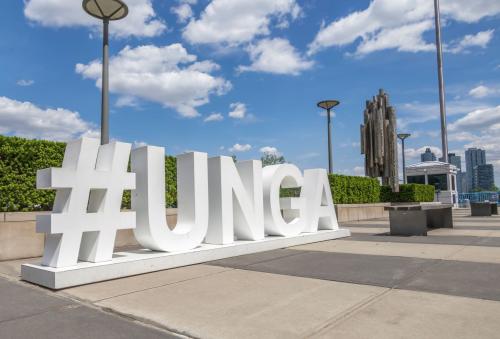A Report from the 2009 Brookings Blum Roundtable on Global Poverty
As the global economy struggles to sustain its recovery from the deepest recession in sixty years, another challenge looms large: preventing the Earth from warming more than 3.6 °F, widely considered by climate experts as the acceptable level to reduce the risk of irreversible global damage resulting from climate change. To meet these challenges, we must look beyond our national borders, recognize that we face an uncertain future, and collaborate to ensure our collective well-being. Our success or failure will depend both on our timeliness and resolve—and will shape the fate of our planet for years to come.
Although tentative signs of recovery from the global financial and economic crisis are gaining strength, policymakers around the world are still grappling with the effects of the crisis on the real economy. In the United States, unemployment is still historically high and credit is still constrained. The International Labor Organization predicts that employment levels in those countries with a high gross domestic product (GDP) per capita will not return to pre-crisis levels before 2013. And social protection programs are suffering as nations must find ways to cover budget shortfalls.
In the developing world, fragile social safety nets are putting ever larger populations at risk, as the economic bases for these nets are increasingly jeopardized as a result of the global crisis. Thus, foreign direct investment has suffered. The flow of remittances from workers abroad back to their home countries is estimated to have fallen by 6.1 percent to $317 billion in 2009, and the fall in commodity prices has sent many commodity-exporting countries into recessions. In Sub-Saharan Africa, the World Bank’s Global Monitoring Report 2009 finds that “growth . . . will fall to 1.7 percent in 2009, from 5.5 percent in 2008, . . . [constituting] the weakest growth rate since the 1990s.” Previous growth decelerations in regions of the developing world have been associated with increases in poverty and in infant and child mortality, along with erosions in primary and secondary school enrollment—exacerbating intergenerational poverty. Because of this damage done by the crisis, it is all the more important that the recovery be inclusive and broad based.

